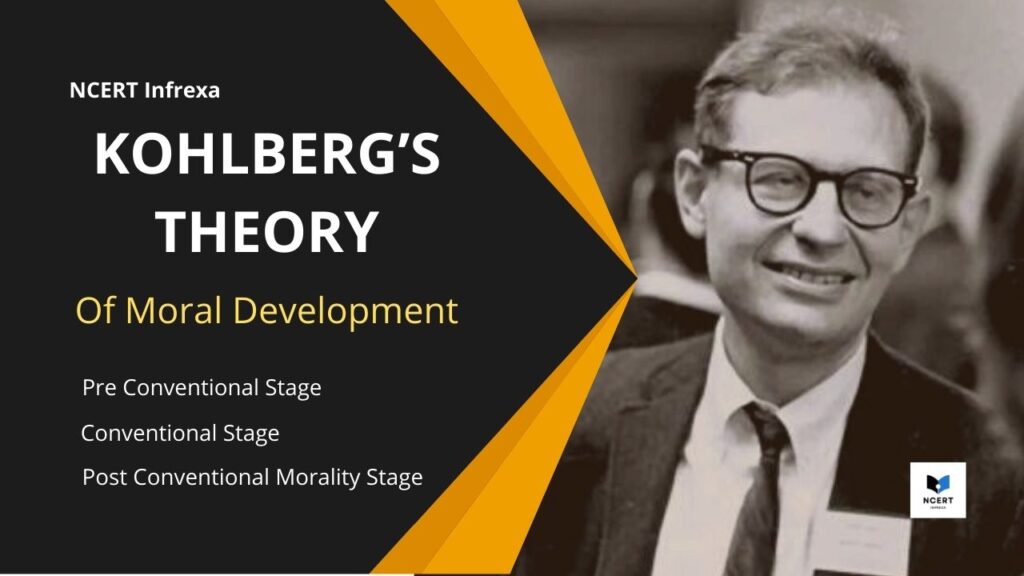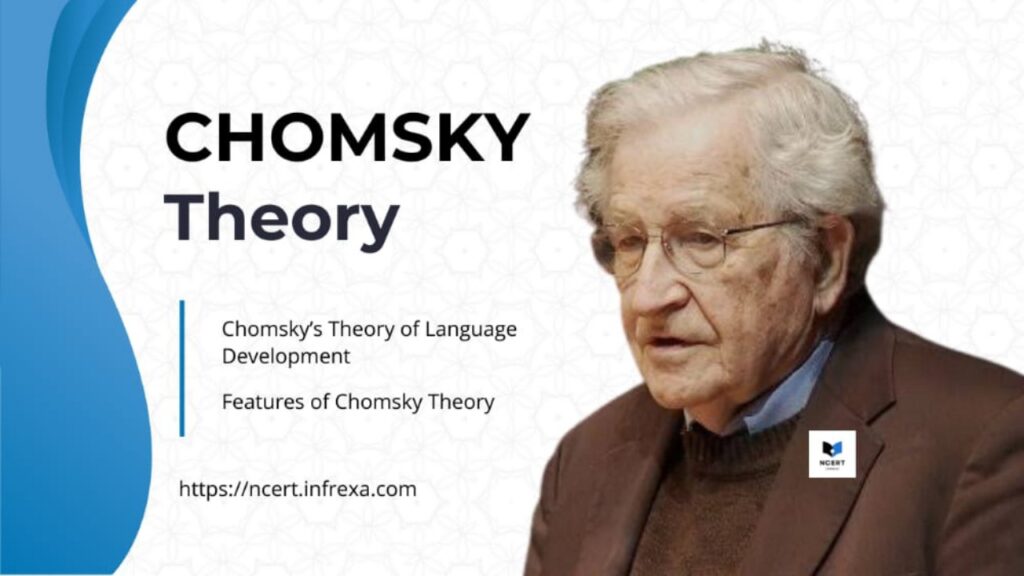Kohlberg’s Theory of Moral Development was inspired by the earlier work of Jean Piaget on moral values. Kohlberg (1927–1987), an American psychologist, expanded on Piaget’s theories to develop a more comprehensive understanding of how moral reasoning evolves in individuals.
These principles have become fundamental in the field of education, providing a framework for understanding how students differentiate between right and wrong. According to Kohlberg, moral development is a gradual process, shaped by social interactions and experiences rather than being innate.
Kohlberg’s Theory with the example
Kohlberg’s Theory of Moral Development builds upon Piaget’s ideas, modifying them to explore how individuals develop a sense of morality. Kohlberg’s research involved using stories to present moral dilemmas to students, observing their reasoning process to understand their moral development.
Example: One of Kohlberg’s famous moral dilemmas involves a man named Heinz, whose wife is dying from a disease. A pharmacist has developed a drug that can save her, but the price is exorbitantly high, far beyond Heinz’s means. Heinz asks the pharmacist to sell it at a lower price or allow him to pay later, but the pharmacist refuses. Desperate, Heinz breaks into the pharmacy and steals the drug.
Kohlberg posed questions about this scenario to evaluate moral reasoning, such as whether Heinz should have stolen the drug and whether the pharmacist was right to demand a high price. This exercise was used to gauge the moral reasoning stage of the participants.
Stages of Moral Development
Kohlberg proposed that moral development occurs in three main stages, each divided into two sub-stages:
- Pre-Conventional Stage (4-10 years): At this stage, moral reasoning is driven by the consequences of actions, such as punishment and reward.
- Punishment and Obedience: Children view right and wrong based on external consequences.
- Self-Interest: Decisions are based on personal benefit.
- Conventional Stage (10-13 years): This stage involves adherence to societal norms and the expectations of others.
- Interpersonal Relationships: Individuals seek approval by being “good” according to societal standards.
- Law and Order: There is a strong focus on obeying laws and respecting authority.
- Post-Conventional Stage (13+ years): Moral reasoning is based on abstract reasoning and principles.
- Social Contract: Individuals recognize the importance of laws but also the need to challenge unjust rules.
- Universal Ethical Principles: Morality is guided by internal principles that may conflict with laws.
Conclusion
Kohlberg’s Theory of Moral Development provides valuable insights into how individuals develop the ability to make moral judgments. By understanding these stages, educators and psychologists can better support students in developing a strong moral compass.
In comparison, Vygotsky’s Theory emphasizes the social context of learning, Chomsky’s Theory of Language Development explores innate linguistic abilities, and Piaget’s Theory of Cognitive Development focuses on the stages of cognitive growth. Together, these theories offer a holistic view of human development.




